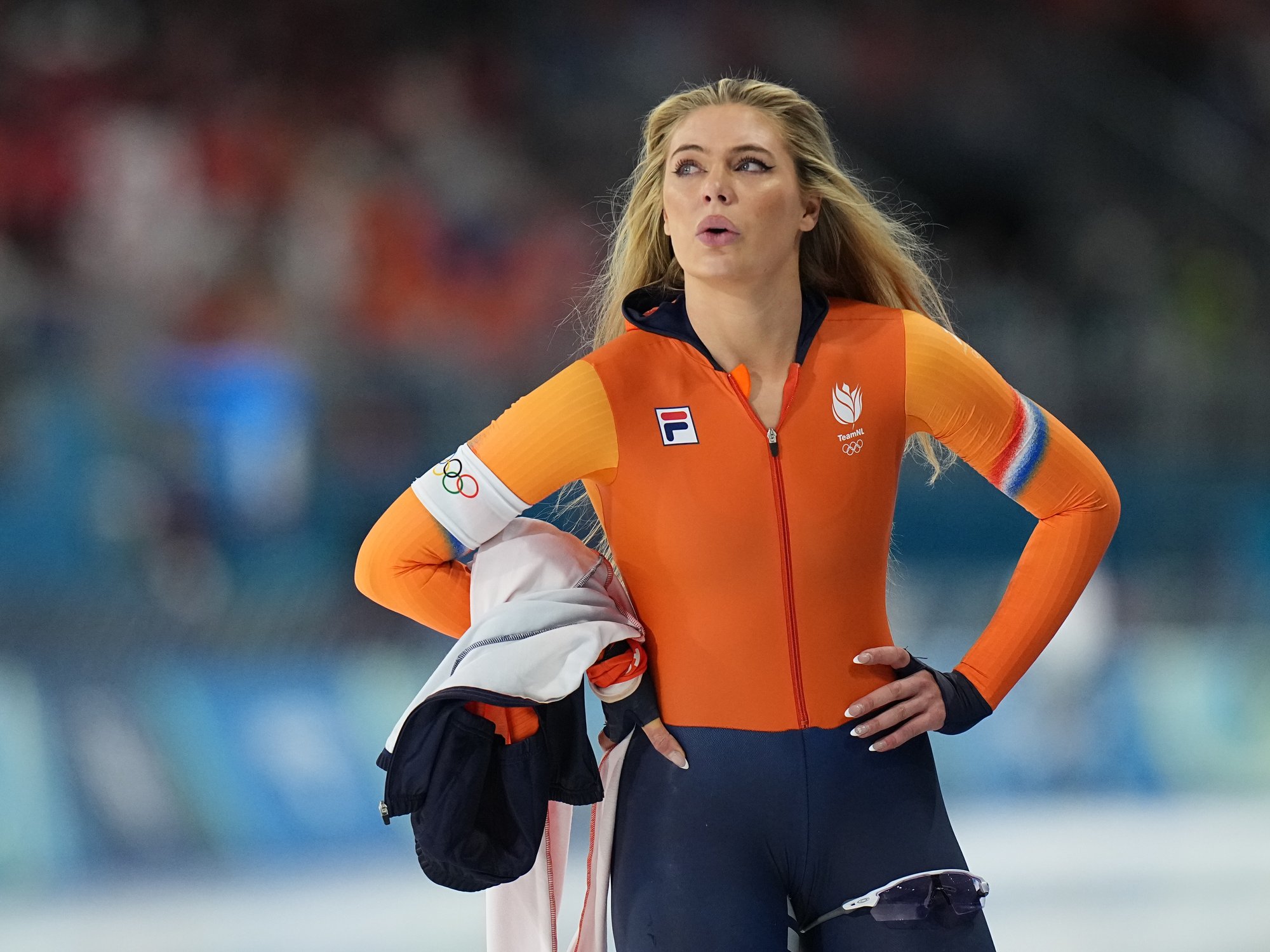Caster Semenya wins human rights court case but remains banned over testosterone levels

Aidan Magee discusses the latest sport headlines
Judges ruled she was denied a fair hearing in Switzerland when challenging her athletics ban
Don't Miss
Most Read
Caster Semenya has been awarded €80,000 (£69,000) by the European Court of Human Rights after judges ruled she was denied a fair hearing in Switzerland when challenging her athletics ban.
The Grand Chamber found there had been a violation in how the case was handled, though the ruling does not overturn World Athletics regulations that have kept the South African runner from competing since 2019.
The 34-year-old Olympic champion remains barred from athletics due to rules requiring female athletes with differences in sexual development to medically lower their testosterone levels.
Despite the legal victory, the regulations that ended Semenya's competitive career remain unchanged.

Caster Semenya remains banned from athletics despite her court case win
|PA
The ECHR judges found that Swiss courts had "fallen short" in providing what should have been "a rigorous judicial review that was commensurate with the seriousness of the personal rights at issue".
However, the court dismissed complaints regarding discrimination, the right to an effective remedy, and respect for private life.
JUST IN: Christian Horner makes Geri Halliwell decision after F1 chief lost job at Red Bull
The case was not taken against World Athletics, whose regulations remain in force.
The governing body first introduced the rules in 2018, restricting testosterone levels for distances between 400m and the mile.
In March 2023, World Athletics further tightened these rules, requiring DSD athletes to maintain testosterone levels below 2.5 nmol/L for six months to compete in any event.
Semenya, who won Olympic 800m gold in 2012 and 2016 plus three World Championships, has refused to take medication to lower her natural testosterone levels.
She previously tried testosterone-reducing medication as a teenager but reported it made her sick, caused weight gain and triggered panic attacks.
World Athletics announced a further update in March requiring athletes to undertake a cheek swab test to compete in the female category.
The test detects the SRY gene found on the Y chromosome and is described as "a highly accurate proxy for biological sex".
Athletes need only take the test once during their career.
The ECHR ruling, which cannot be appealed, could see the case return to Swiss federal court or the Court of Arbitration for Sport.
READ MORE: John McEnroe, 66, left heartbroken after Wimbledon incident on Centre Court - 'That's so sad'

Caster Semenya has refused to take medication to lower her natural testosterone levels
|PA
"It's a battle for human rights now," Semenya said last month. "It's not about competing, it's about putting athletes' rights first. It's about the protection of athletes."
Yasin Patel, leading sports barrister at Church Court Chambers, called the ruling "a watershed moment for sports law".
"The decision of the ECHR opens the door for the regulations that have governed women's categories across athletics and potentially swimming and football to be struck down," he said.
LATEST SPORTS NEWS:










